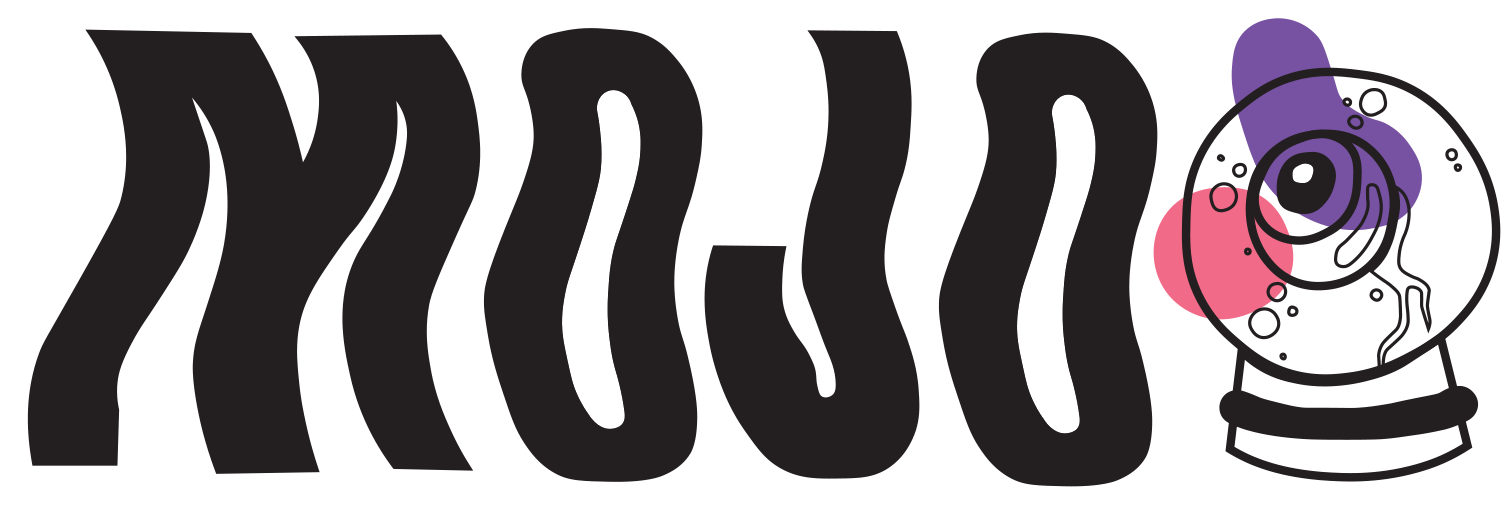Michael Apinyakul is a Wichita based singer-songwriter who also writes poetry and non-fiction. Much of his non-fiction is about what he’s eaten, when it was eaten, how the air felt, and who sold him the food. His songs are about the heart trying to describe itself without naming itself, and his poetry is sometimes about bicycles or his girlfriend or his girlfriend riding a bicycle, but mostly about other things.
Salvatore Difalco’s work as appeared in a number of print and online journals. He is the author of The Mountie at Niagara Falls, a collection of flash fiction. He splits his time between Toronto and Sicily.
KFG is a nonbinary poet, educator, & mental health advocate. As a travelling artist based in Michigan, KFG has facilitated workshops, mentored youth programs, lectured at universities, & featured at mental health conferences across the country. They are currently on a nationwide poetry tour centered around mental health called, “The Unpacking Tour” & have forthcoming publications in Reality Beach & Open Palm Print. For booking or to get in touch with KFG about future collaborations: kfgpoetry@gmail.com
Cassie Garison studies English and Classics at Franklin & Marshall College. She has poems forthcoming in River Styx and Nimrod International Literary Journal, and recently attended writing workshops in Greece.
Henry Goldkamp has lived along the Mississippi River his entire life. Recent work appears in Cutbank, SLANT, Bridge Eight, Blood Orange Review, CRAG, and Permafrost. In 2017, his work was nominated for a Pushcart and two Best of the Nets. His public art projects have been covered by Time and NPR.
Luis Lopez-Maldonado is a Xicanx poeta, playwright, dancer, choreographer, and educator. He earned a Bachelor of Arts degree from the University of California Riverside in Creative Writing and Dance. His poetry has been seen in The American Poetry Review, Foglifter, The Packinghouse Review, Public Pool, and Spillway, among many others. He also earned a Master of Arts degree in Dance from Florida State University, and a Master of Fine Arts degree in Creative Writing from the University of Notre Dame, where he was a poetry editorial assistant for the Notre Dame Review, founder of the men’s writing workshop in the St. Joseph County Juvenile Justice Center and the Recipient of the Sparks Summer Fellowship 2016. He is currently a co-founder and editor at The Brillantina Project. www.luislopez-maldonado.com
Grant Gerald Miller was born in Memphis, TN. He currently lives in Tuscaloosa, AL with the writer A.M. O’Malley and their son Max.
M.K. Rainey is a writer, teacher, and editor from Little Rock, Arkansas. She is the winner of the 2017 Bechtel Prize at Teachers & Writers Magazine and the 2017 Lazuli Literary Group Writing Contest. Her work has appeared or is forthcoming in The Collagist, 3AM Magazine, Atticus Review, Fiction Southeast, and more. She co-hosts the Dead Rabbits Reading Series and lives in Harlem with her dog. Sometimes she writes things the dog likes.
Benjamin Soileau is from south Louisiana. His fiction has appeared in Prairie Schooner, Louisiana Literature, The Monarch Review, Gemini Magazine, Bayou, and many other journals, and has been nominated for a Pushcart Prize. He lives in Olympia, Washington with his wife and son. Reach him at bsoile2@gmail.com.
Zak Worth is an artist based in Wisconsin.



